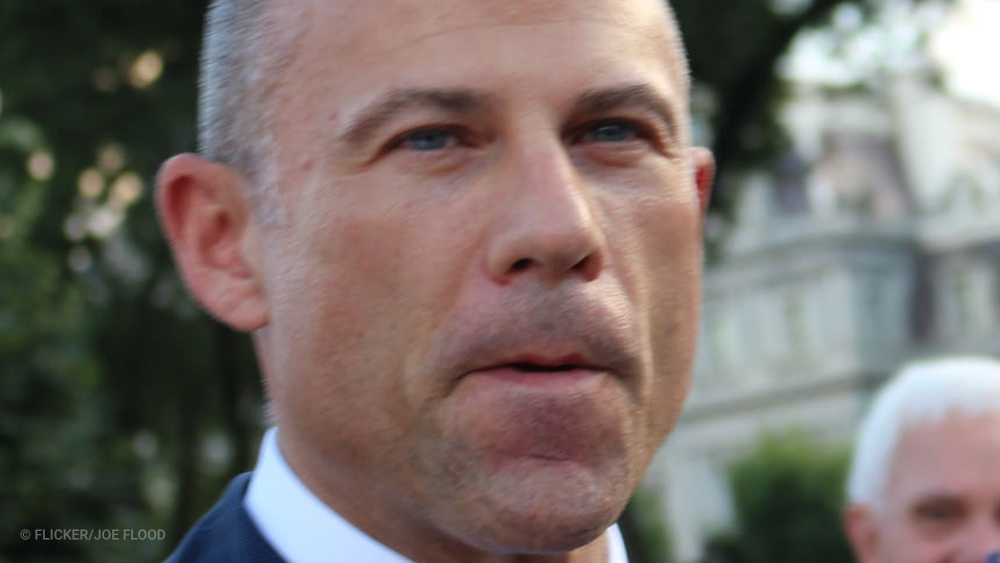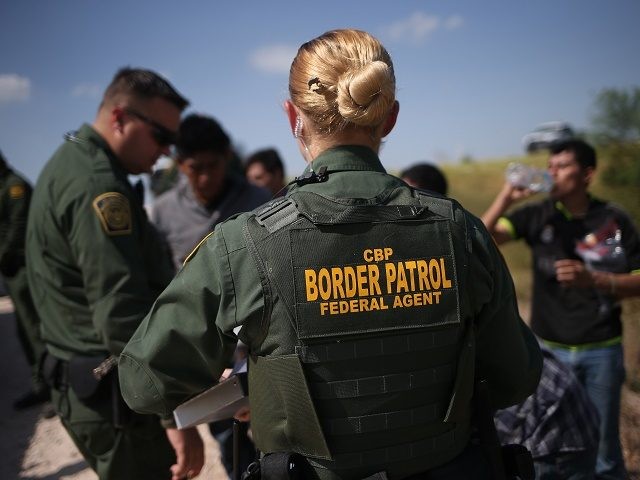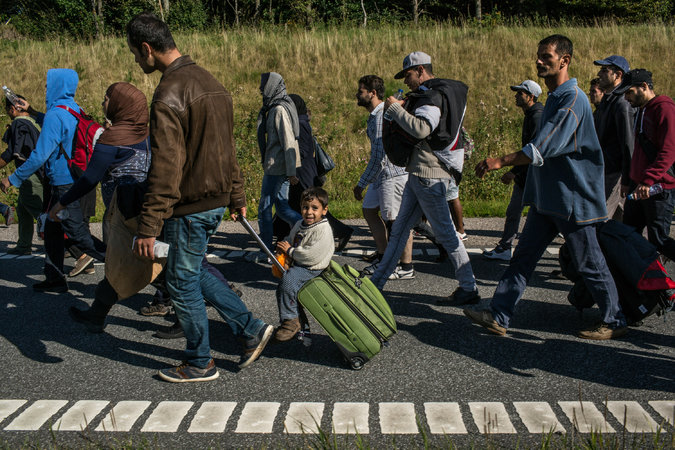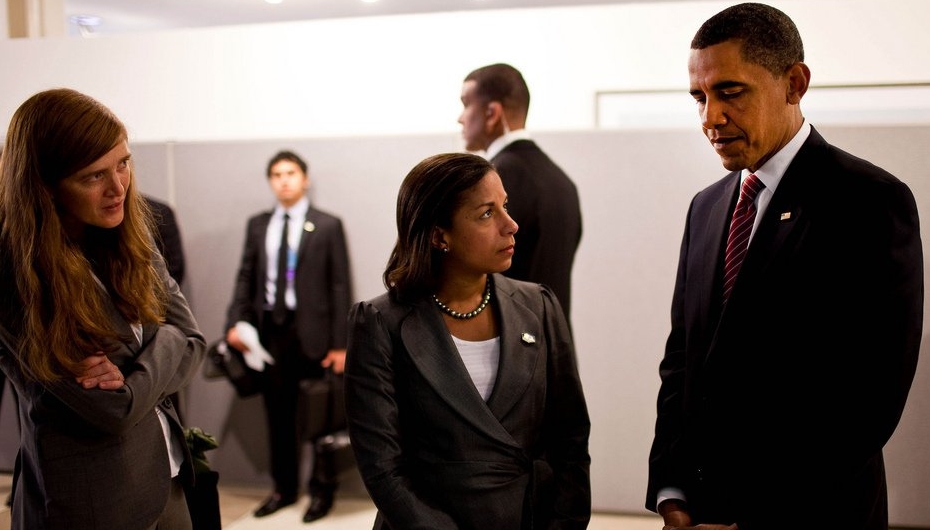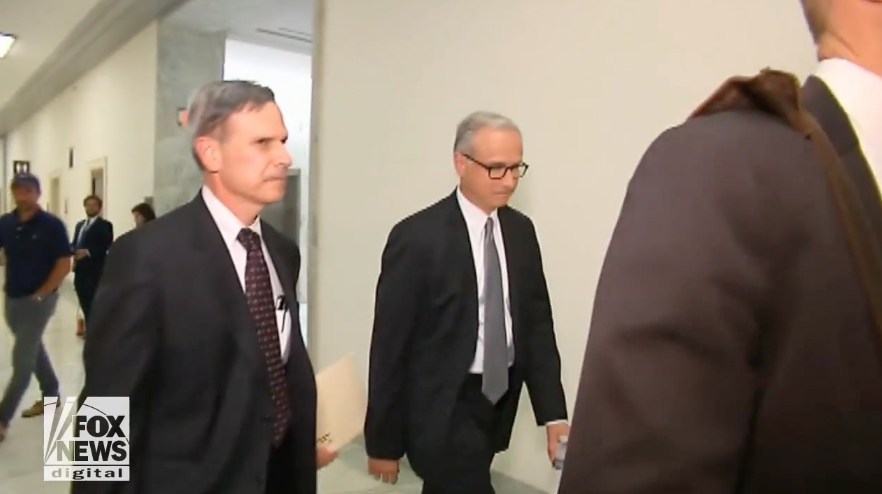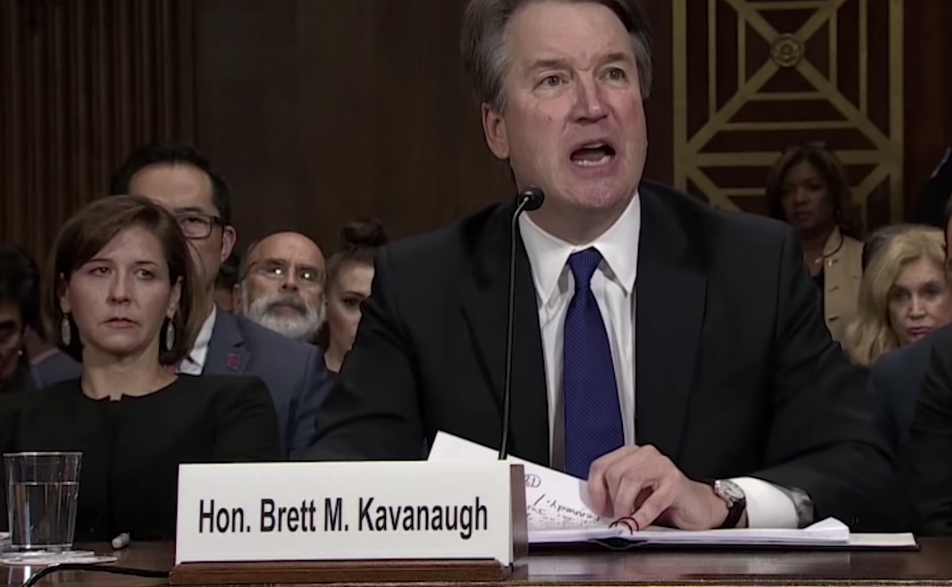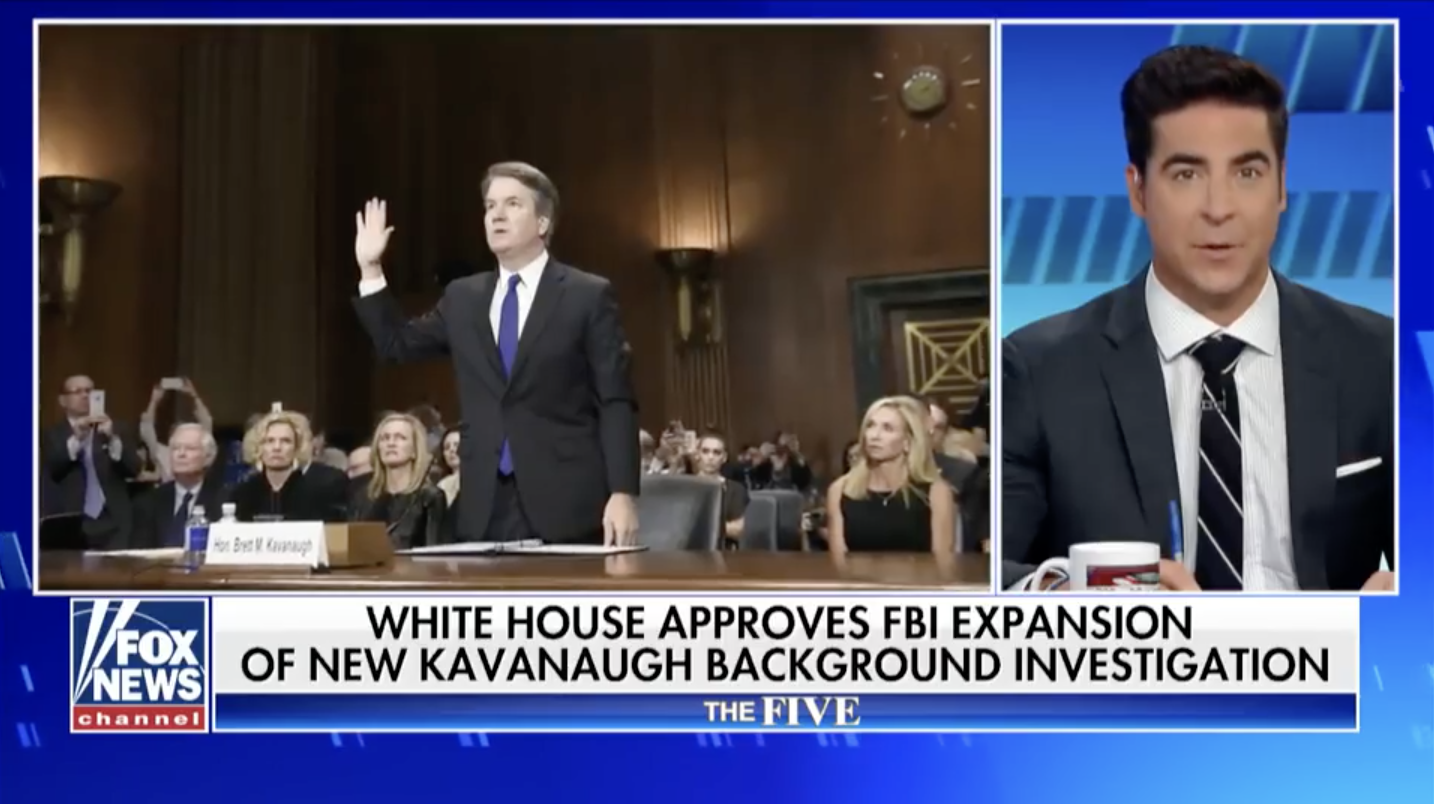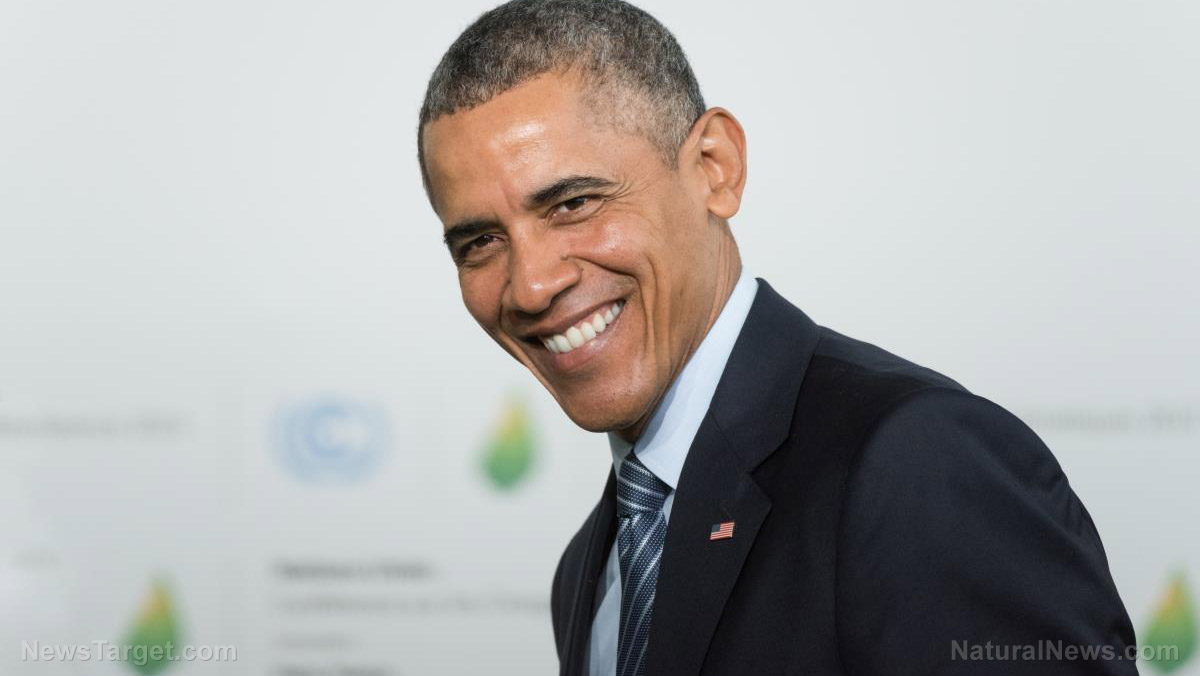Russia threatens response to Syria bombings as researchers release computer model showing 280,000 would die from a nuclear strike on DC
04/15/2018 / By JD Heyes
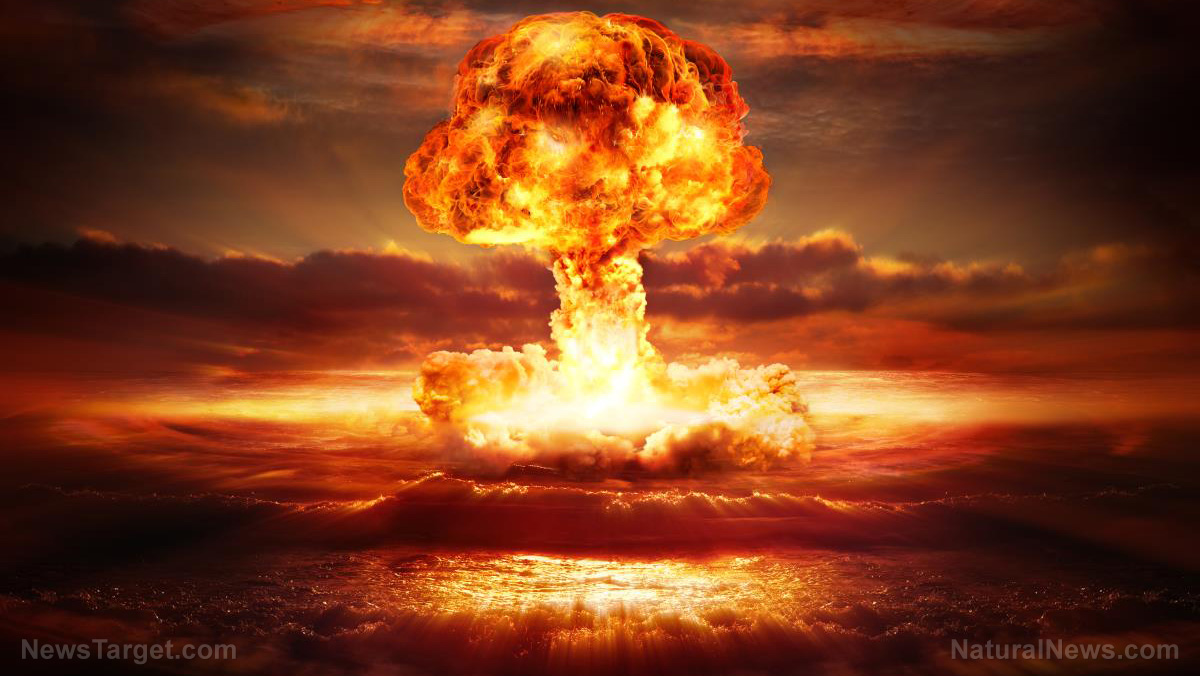
On Saturday U.S., French and British ships and warplanes launched more than 120 cruise missiles at Syrian government installations the Trump administration said were responsible for supplying the war-torn country’s chemical weapons program, triggering a daunting response from Russia.
According to a statement posted to Facebook by Russian Ambassador to the U.S. Anatoly Antonov, it appears as though Moscow has already begun to implement a response of its own, though as of this writing, that response had not been made clear.
“The worst apprehensions have come true. Our warnings have been left unheard,” the statement began. “A pre-designed scenario is being implemented. Again, we are being threatened. We warned that such actions will not be left without consequences.
“All responsibility for them rests with Washington, London and Paris,” the statement continued. “Insulting the President of Russia is unacceptable and inadmissible. The U.S. — the possessor of the biggest arsenal of chemical weapons — has no moral right to blame other countries.”
As reported by Zero Hedge:
Despite repeated warnings from Russia, President Trump ordered American forces, along with their British and French allies, to strike military targets in Syria on Friday night; as noted previously, during a press conference late on Friday, General Joseph Dunford, Chairman of the Joint Chiefs of Staff, the Russian military operating in Syria was not notified about the American targets in advance told reporters following the attacks.
Dunford added that the U.S. “specifically identified” targets to “mitigate the risk of Russian forces being involved.” He noted further: “We used the normal deconfliction channel to deconflict airspace. We did not coordinate targets.”
Last week, in anticipation of U.S.-led airstrikes, Syrian and Russian forces redeployed ground and naval assets, with the Syrians abandoning bases and moving into spaces held by Russian troops, for protection.
The bombings and the Russian response come amid a just-released computer model by researchers from the Virginia Polytechnic Institute and State University showing that at least 280,000 people would die within a 48-hour period if a nuclear detonation of a certain size were to occur in Washington, D.C.
As reported by Infowars, the researchers developed the model as a way to predict how residents of the nation’s capital would react as the government implemented its emergency response plan.
Scientists found that a nuclear weapon exploding at ground level would destroy a city block and shatter buildings for a mile in every direction.
The model predicted that, in one scenario, residents of the city who did not follow orders to evacuate would be immediately exposed to deadly levels of radiation. That model predicted at least 279,020 dead within two days.
Infowars’ Paul Joseph Watson noted further:
Given the utter and total dependence of people living in cities, one can imagine that this would be the most likely outcome.
The study found that the best course of action was to take shelter immediately after the explosion before attempting to flee and seek health care.
However, the simulation also found that many people would expose themselves to deadly radiation by trying to physically locate loved ones and family members. The researchers emphasized that it would be vital for the government to maintain cell phone service to prevent this from happening.
It’s not clear what actions, if any, Russia will take in response to the U.S.-led attack. But it seems likely that some action is coming, given that Russian President Vladimir Putin will need to make good on retaliation threats in order to remain credible to his people and Russia’s allies.
A Russian response isn’t likely to include a nuclear strike, mind you. But the release of this computer model amid such heightened tensions with Moscow serves as a sickening reminder of what could happen if the situation continues to escalate.
See more at WWIII.news.
J.D. Heyes is also editor-in-chief of The National Sentinel.
Sources include:
Tagged Under: attack, bombs, Britain, chemical attack, chemical weapons, cruise missiles, France, missile strike, Moscow, President Donald Trump, President Vladimir Putin, response, Russia, Russian army, Syria, Syrian army, warplanes, warships, World War III



